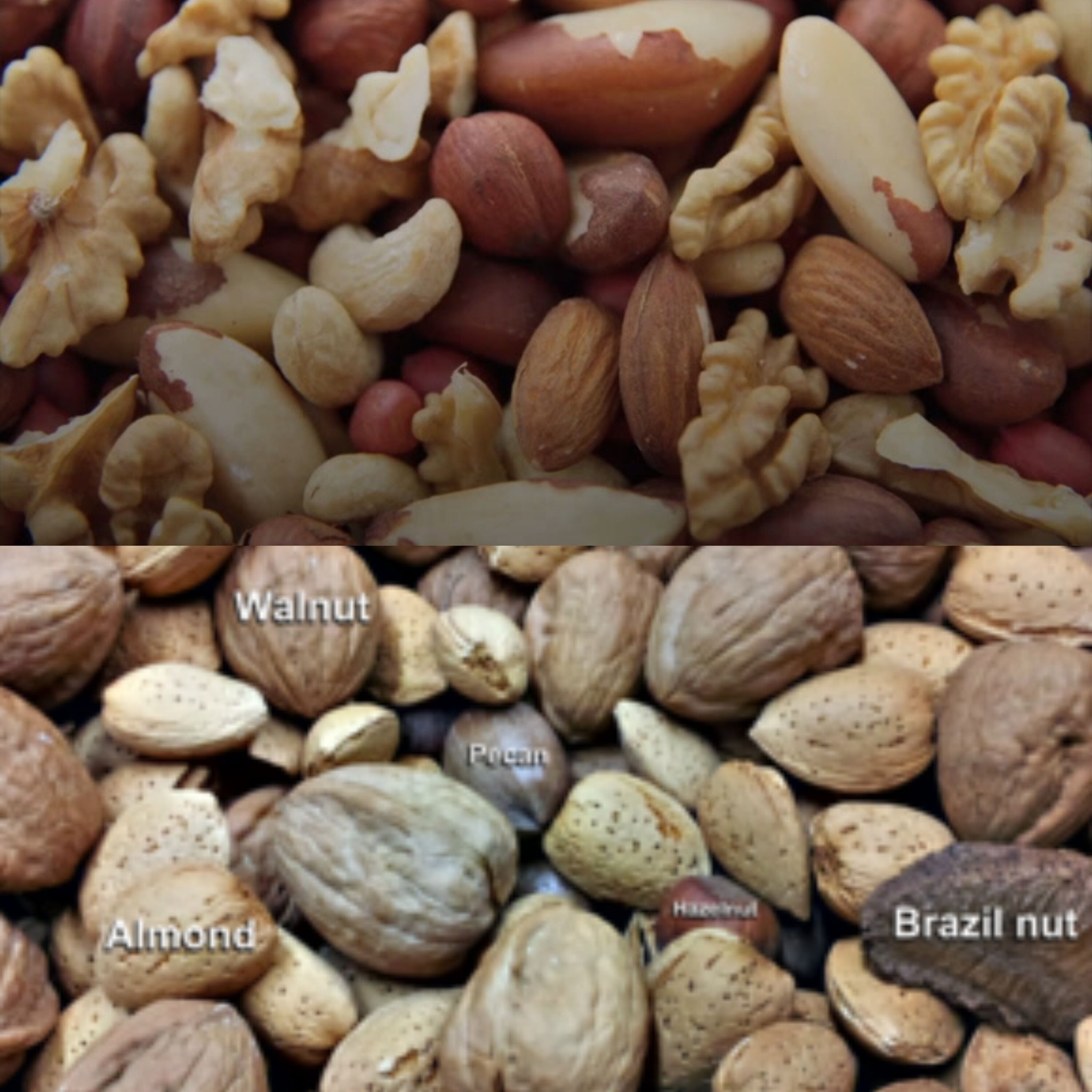Lower in fat compared to other nuts, cashews are a good source of iron and magnesium, which are vital for energy and bone health. They’re perfect in vegan recipes to add creaminess.
Brazil Nuts: A couple of these can meet your daily selenium needs, aiding in thyroid and immune system health. Due to their high selenium content, it’s best to eat them in small quantities.
Hazelnuts: Excellent for heart health and packed with vitamin E, hazelnuts enhance the flavor of baked goods, chocolates, and coffees.
Nuts to Approach with Caution
Macadamia Nuts: High in fats and calories, enjoy these rich, buttery nuts in moderation to avoid calorie overload.
Pine Nuts: Their hefty price tag and caloric content mean pine nuts should be used sparingly, though they’re a great way to add texture to salads and pesto.
Peanuts: Although a favorite snack for many, peanuts (technically legumes) can be susceptible to molds and allergens. Choose dry-roasted or fresh varieties to minimize risks.
Pistachios: Opt for unsalted pistachios to avoid excess sodium intake, which can lead to hypertension.
Chestnuts: Distinguished by their lower protein and fat content, chestnuts are more carbohydrate-dense, aligning them closer to grains.
Bitter Almonds: Rarely encountered in the retail market, bitter almonds contain harmful substances and are not safe for consumption in their raw form.
Conclusion
Continue Reading in next page

